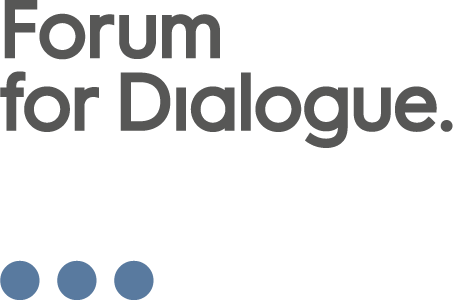It is very hard for me to specify when it all began, what were the reasons and motivations for my activism. If I was to paint a picture, it would have to be a metaphoric and symbolic one. It was not a single trigger, but a whole cluster of them, hidden somewhere in-between the experiences I will describe below. What follows are single “threads” that I managed to catch, for which I don’t even have to reach, just like with Indian summer cobwebs. There seems to be nothing in the air, and yet it carries fragmented threads. My first trigger-threads were books, written texts, the most important of which for me where about attitudes of Poles towards Jews during World War II. The first and thus most important of these were “Neighbors” and “Fear” by Jan Tomasz Gross. Perhaps I should have known about the issues discussed in these books prior to 2008, when I read them both, but I did not. I was equally shocked by what I learned as by my hitherto ignorance on the topic. This was the moment I realized that not only the scale of evil done by the Nazis to the Jews, but what had been – and is still being – done to their neighbors by Poles, who shy away from painting a full picture and mourning Jews in a proper way.
I believe that the truth and the memory of the suffering of others is the minimum decency we must strive to achieve. I see no other option. After reading these books, I had no choice but to reach for more information and continue reading. Almost in parallel to these experiences, I had the chance to participate in one of the most meaningful encounters in my life.






